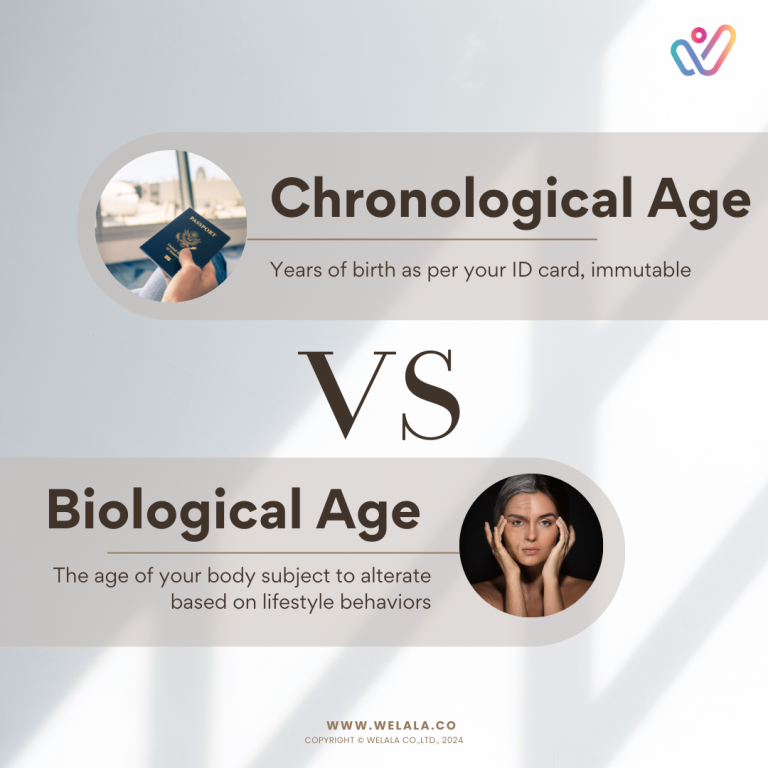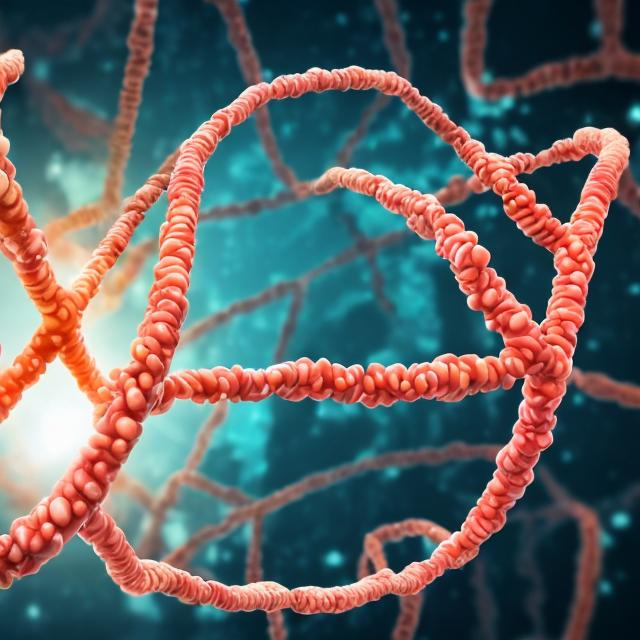The Evolution of Aging Classification in WHO ICD-1
Initial Controversy and Change
The World Health Organization recently sparked debate by classifying “old age” in their International Classification of Diseases (ICD-11). After widespread concern about potential harm, WHO promptly changed the term to “aging-associated decline in intrinsic capacity.” As a result, this change opened up important discussions between longevity scientists and geriatric medicine practitioners.
Graphic: Canva
Understanding Aging as a Medical Condition
Should we treat aging as a disease? Many researchers now believe that viewing aging as a medical condition could lead to breakthrough treatments. Moreover, this approach might help scientists discover ways to slow down aging processes. Furthermore, targeting aging-related pathways could potentially address multiple age-related diseases at once, leading to longer, healthier lives.
Medical Community’s Response
Many doctors strongly disagree with labeling aging as a disease. First, they point out that aging affects everyone naturally. Additionally, people can modify aging’s effects through lifestyle changes. Most importantly, doctors worry that treating aging as a disease might increase discrimination against older adults. Despite significant investment in anti-aging research, scientists haven’t yet found proven ways to slow human aging, even though lab studies show promise.
Building Bridges in Longevity Medicine
The path forward requires strong partnerships between longevity researchers and geriatric medicine specialists. Therefore, both fields must listen to each other’s perspectives and work together. Through collaboration, they can better serve aging populations and advance longevity research effectively.
Current Understanding of Aging
Today, we recognize aging as a normal human characteristic, while seeing longevity as a valuable goal. Although age can increase disease risks, chronological age varies greatly among individuals. Consequently, age alone cannot reliably predict health outcomes or guide treatment plans.
Moving Beyond “Old Age”
Medical experts now prefer more precise terms like:
- “Senescence” for biological aging processes
- “Aging-associated decline in intrinsic capacity” for functional changes
- “Frailty” for reversible age-related conditions
Fighting Ageism
Recent events, especially the COVID-19 pandemic, have exposed widespread ageism’s harmful effects. According to WHO research, half of all people hold ageist views. Therefore, changing how we talk about aging represents an important step toward combating discrimination and improving healthcare for older adults.




